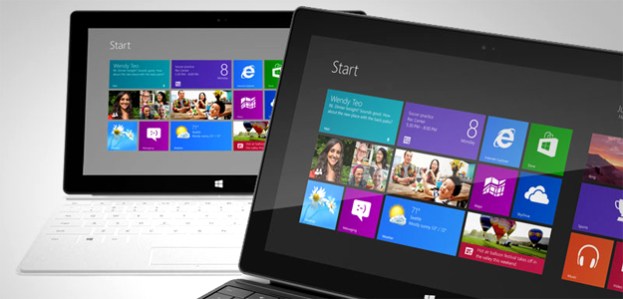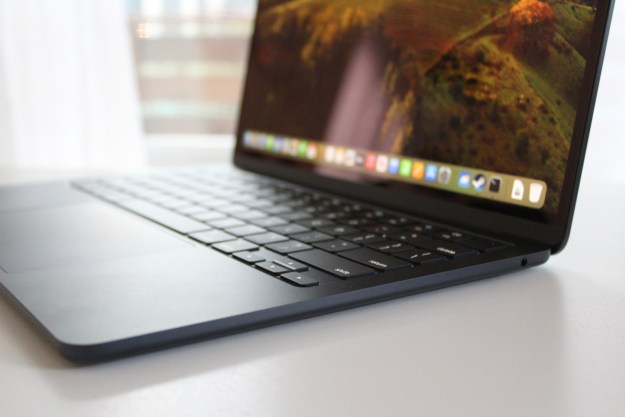 If you’ve been following news about Microsoft’s Surface Pro, available to purchase tomorrow, you’ll know that the tablet has been getting a lot of flak over its battery and storage issues. The latter one, in particular, isn’t new. When the Surface RT came out last year, there was an uproar over the fact that the 32GB version only has 16GB of useable memory. The issue has recently resurfaced when consumers found out the problem persisted with the Surface Pro. But one report by Ed Bott of ZDNet reveals that Microsoft might be getting a lot of undeserved criticism since, after all, Apple’s MacBook Air also suffers from the same issue.
If you’ve been following news about Microsoft’s Surface Pro, available to purchase tomorrow, you’ll know that the tablet has been getting a lot of flak over its battery and storage issues. The latter one, in particular, isn’t new. When the Surface RT came out last year, there was an uproar over the fact that the 32GB version only has 16GB of useable memory. The issue has recently resurfaced when consumers found out the problem persisted with the Surface Pro. But one report by Ed Bott of ZDNet reveals that Microsoft might be getting a lot of undeserved criticism since, after all, Apple’s MacBook Air also suffers from the same issue.
Bott scrutinized the Surface Pro and MacBook Air’s storage spaces and compared them extensively against each other. With a little help from the commenters on the site, it’s been determined that you can use 92.2GB of the 128GB storage space in a MacBook Air and 89.7GB of the 128GB storage space in a Surface Pro. These numbers are based on how Windows reads storage spaces, because OS X reads them differently. If you look at both disks using OS X’s Disk Utility, for instance, those numbers will be higher. For both devices, the missing gigabytes are accounted for by several things, including restore and EFI partition, metadata, and write-buffer area, among others.
Bott deemed it fair to compare one against the other, because the Surface Pro (unlike the Surface RT) comes with the full version of Windows 8 Pro and could be considered a real notebook. So, if you decided that you’re going to get a MacBook Air instead of the Surface Pro because of all this storage hullabaloo, know that you won’t be losing a lot of space by choosing the Surface Pro instead. Here’s a tip: According to Bott, you can transfer your Surface Pro’s recovery partition to a USB drive to bring its useable space up from 89.7GB to roughly 90.7GB.
Editors' Recommendations
- You can still buy the M1 MacBook Air, and it’s cheaper than ever
- How to select multiple files on a Mac
- MacBook Pro 16 vs. MacBook Pro 14: The important differences
- The best MacBook to buy in 2024
- How to connect a MacBook to a TV

